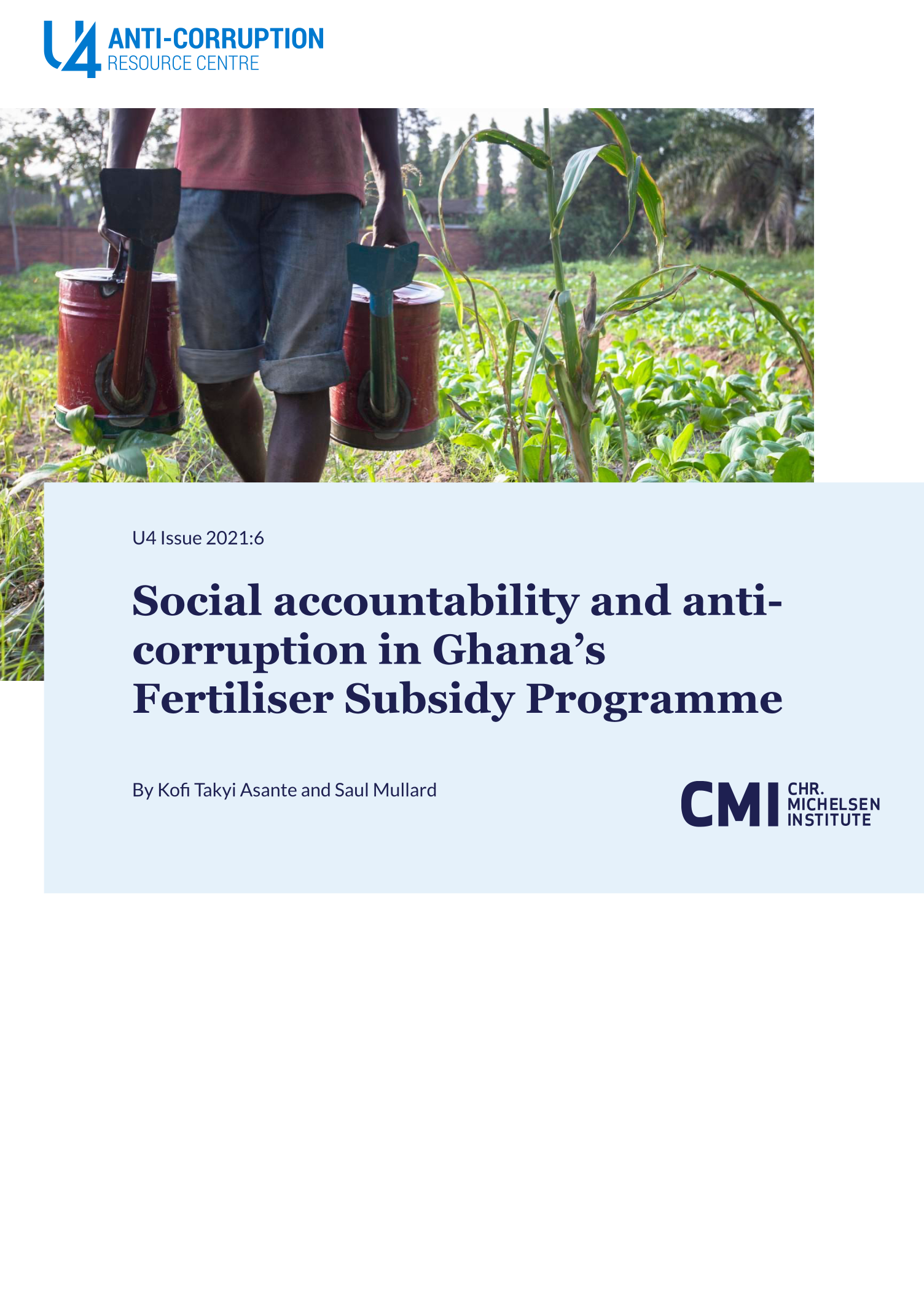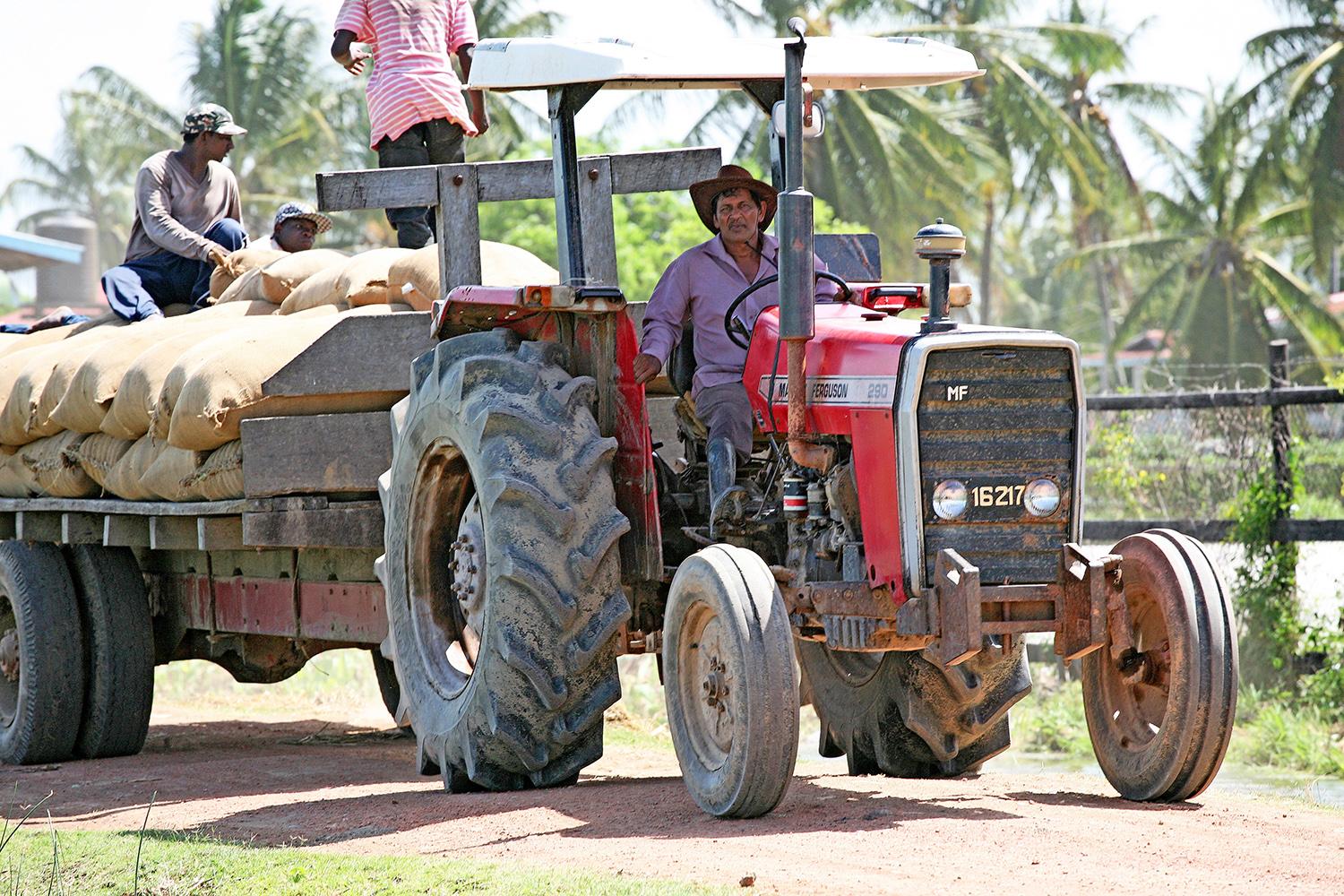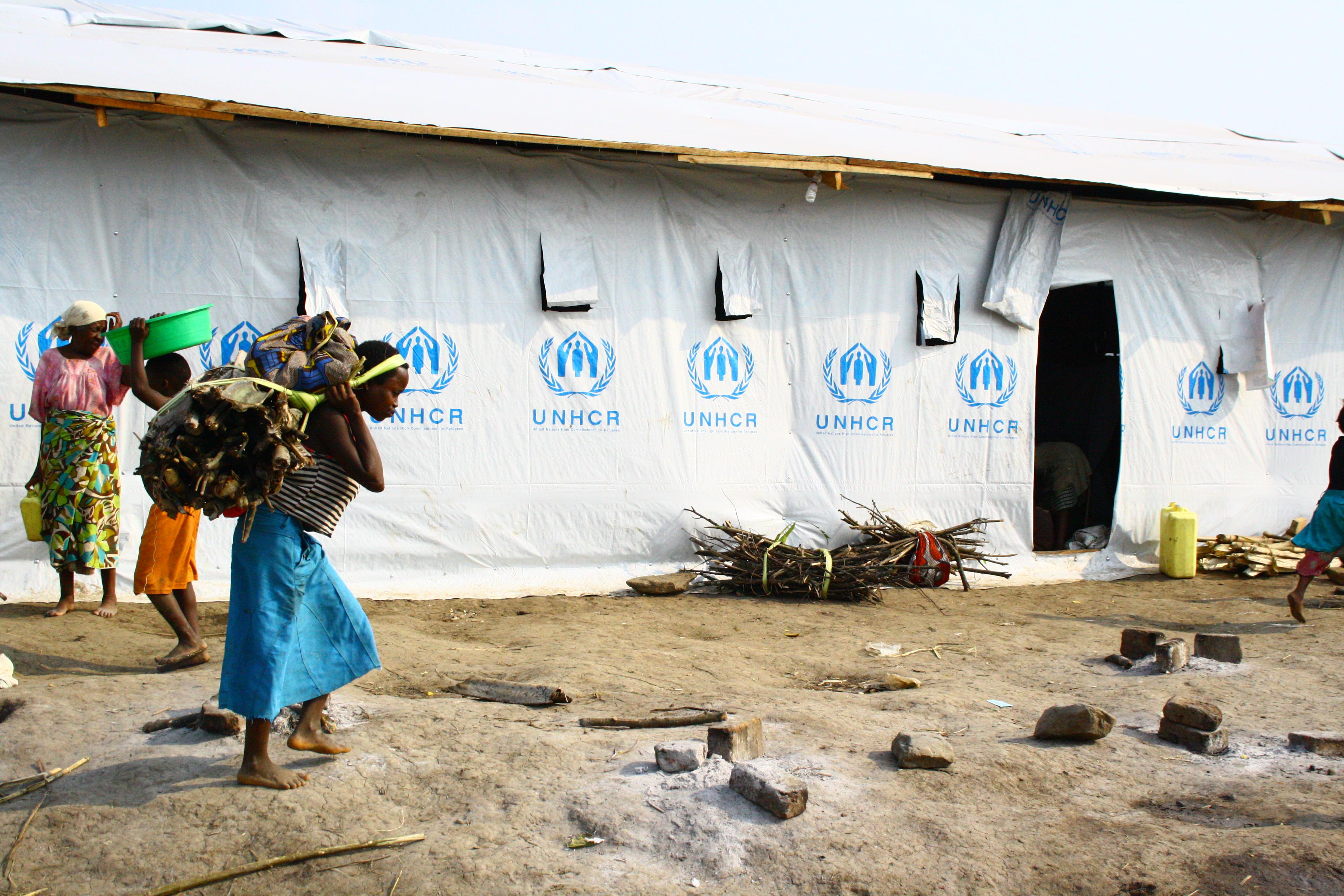Main points
- Agricultural subsidies have enjoyed a resurgence in Africa in the past two decades, after a long period of neglect in the 1980s and 1990s. By helping to boost agricultural productivity, fertiliser subsidies can contribute to rapid economic growth and poverty reduction.
- In 2008, Ghana introduced subsidies on a range of fertilisers in response to the global food and energy crises. But the programme has been marred by many implementation challenges. In particular, Ghana’s subsidy rate of 50% is the highest in West Africa and has encouraged smuggling to neighbouring countries.
- To prevent smuggling, a loose coalition of CSOs has instituted social accountability interventions in beneficiary communities to monitor implementation of the programme.
- This paper evaluates attempts by this loose coalition of CSOs to ensure accountability in the implementation of the Fertiliser Subsidy Programme (FSP). It finds the social accountability interventions have succeeded in reducing smuggling. They have also improved the operational design of the programme and have increased awareness and participation of citizens in public affairs.
- A key lesson is that ‘approach’ matters in the efficacy of social accountability interventions. These interventions depend on the cooperation of public officials, for instance, to get access to expenditure and revenue data for budget tracking. CSOs have, therefore, largely shifted from a hard (confrontational) to a softer (collaborative) approach, whereby they work together with public officials in search of solutions.
- However, whenever behind-the-scenes consultations failed to yield results, the research found the CSOs reached out to their media allies to intensify pressure on government, while taking pains to maintain the appearance of partisan neutrality.
- These successes could be potentially transformative, if social accountability interventions are sustained and scaled up. This would require that they gained access to more secure funding and strengthened their relationship with horizontal accountability mechanisms.



